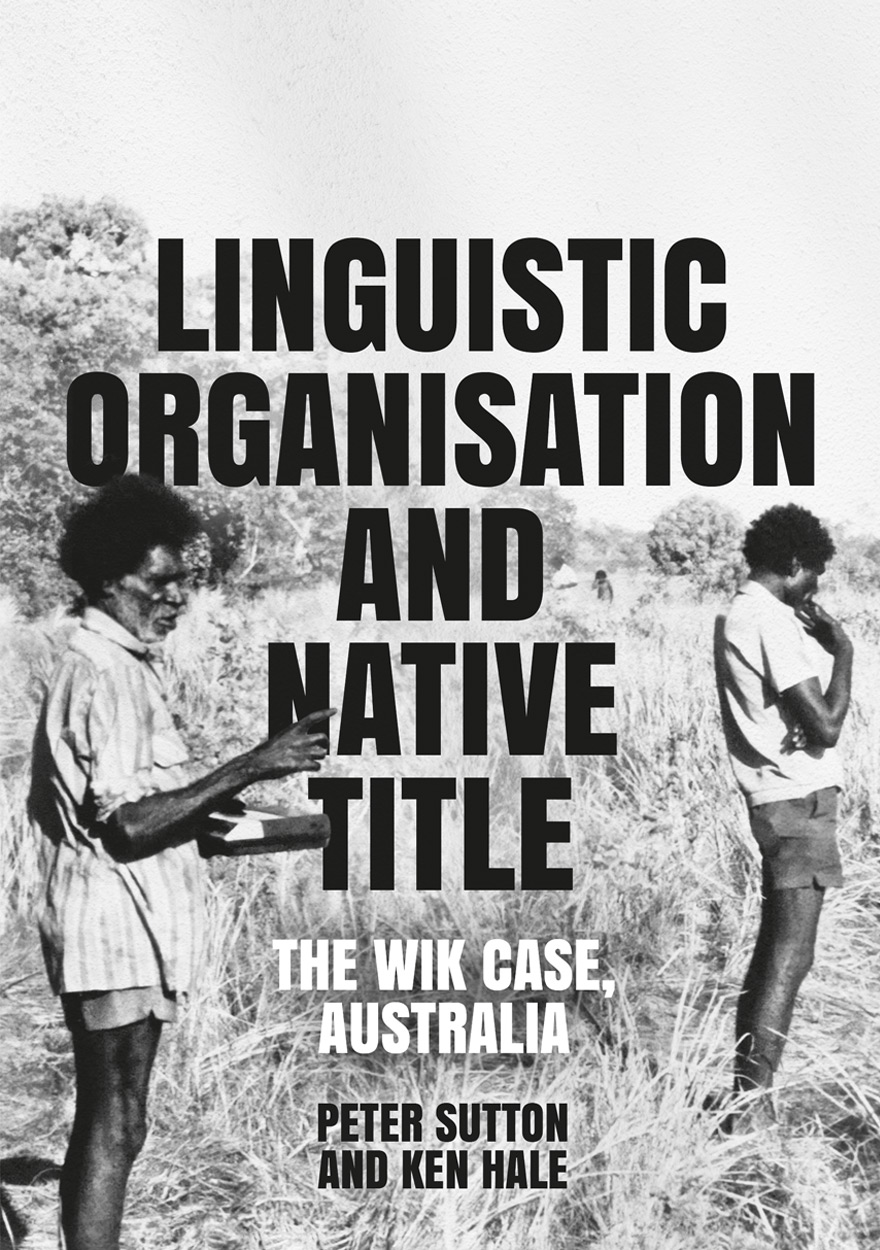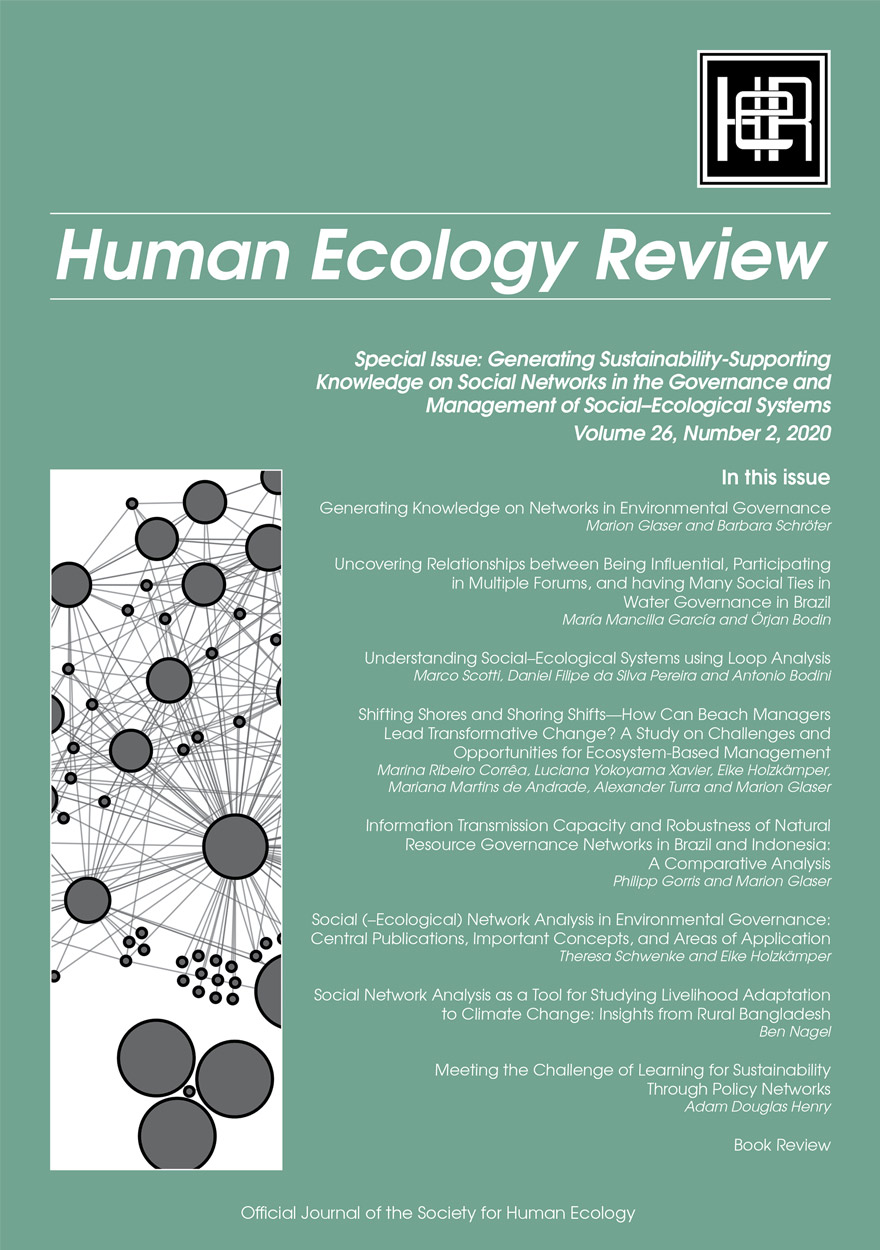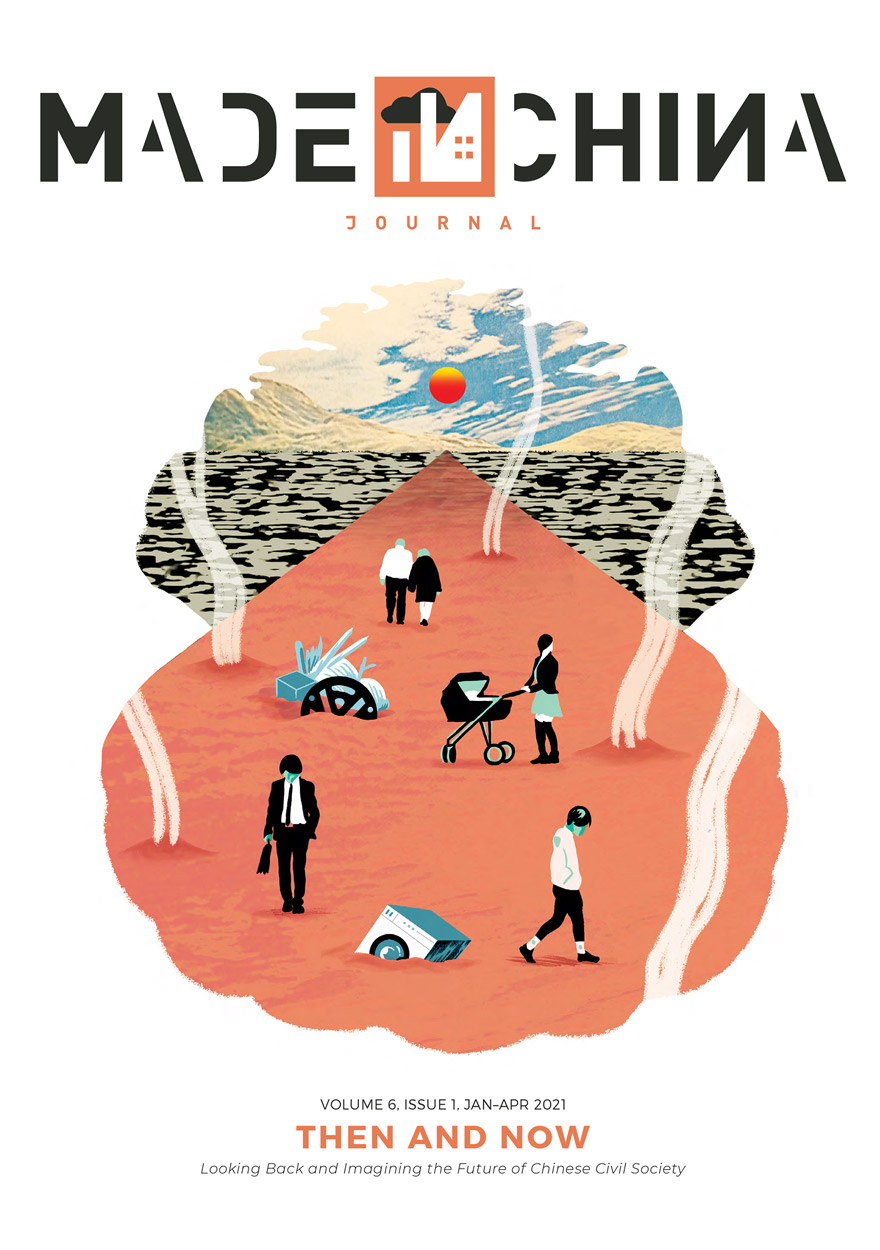Textbooks
Browse or search textbooks or find out more about the publications' authors. Download the ebook for free or buy a print-on-demand copy.
Displaying results 171 to 180 of 2630.

Linguistic Organisation and Native Title »
The Wik Case, Australia
Authored by: Peter Sutton, Kenneth Locke Hale
Publication date: September 2021
Classical Aboriginal societies in Australia have commonly been described in terms of social organisation and local organisation. This book presents rich detail on a third and related domain that has not been given the same kind of attention: linguistic organisation.
Basing their analyses on fieldwork among the Wik peoples of Cape York Peninsula, north Australia, Peter Sutton and Ken Hale show how cosmology, linguistic variation, language prehistory, clan totemic identities, geopolitics, land use and land ownership created a vibrant linguistic organisation in a classical Aboriginal society.
This has been a society long in love with language and languages. Its people have richly imbued the domain of rights and interests in country—the foundations of their native title as recognised in Australian law—with rights and interests in the abundance of languages and dialects given to them at the start of the world.

East Asia Forum Quarterly: Volume 13, Number 3, 2021 »
Publication date: September 2021
The 2020 Olympics put a spotlight on Japan’s crisis governance capabilities. Whether it be in the sphere of social issues, domestic political economy or foreign policy, Japan’s capacity to manage ‘slow-burn’ crises will be a primary test for the country’s policymakers and citizens alike in coming years. This edition of East Asian Forum Quarterly looks at these challenges, including the COVID-19 pandemic, digital governance, women’s rights in the #MeToo era, foreign policy, natural disaster response and tone-party control of Japan’s government.
Download for free
Not available for purchase

China’s Challenges in Moving towards a High-income Economy »
Edited by: Ligang Song, Yixiao Zhou
Publication date: September 2021
With its per capita income surpassing US$10,000, China has now drawn up ambitious plans to further lift its income to the level of developed countries. Yet various constraints need to be overcome if China is to build on the achievements of the last 40 years and further boost its growth potential. Besides these constraints, the year 2020 saw human societies hit heavily by the COVID-19 pandemic and the global economy caught off guard and dipped into recessions caused by lockdown measures for controlling the spread of the pandemic. Nations around the world have experienced grave loss of human life and lockdown measures have knocked economies from their normal growth trajectories. Even as the pandemic continues to unfold, all signs point to China as being the first major economy to have emerged out of the crisis. But many questions remain. Has the Chinese economy emerged from the pandemic crisis relatively unscathed? What are the long-term prospects for its economy? This year’s Update book, China’s Challenges in Moving towards a High-income Economy, explores the challenges faced by the Chinese economy in the transition towards a high-income economy, including agricultural development, finance and fiscal system reform, RMB internationalisation, trends in urbanisation, as well as topics related to innovation, corporate sector development and market competition. China’s growth experience has been full of exciting changes and important lessons for reform and structural changes, and this year’s China Update is again the way to gain insights into these.

Creative Frictions »
Arts Leadership, Policy and Practice in Multicultural Australia
Authored by: Cecelia Cmielewski
Publication date: August 2021
Creative Frictions explores the relationship between visionary aspects of practice and policy. Despite over 30 years of arts and cultural policy attention, there remains a widespread view among the general public and artists alike that creative production does not reflect Australia’s culturally diverse population. Australia’s increasingly complex society can no longer be confined to ‘essentialised’ or traditional definitions of ethnic communities. While this diversity and its emerging complexity can be ‘celebrated’ as a source of creativity and innovation, it can also give rise to social, political and creative challenges. A key challenge that remains for the arts sector is its ability to support the creative expression of cultural difference. One measure of inclusive creative production is to look at the participation of artists of non–English speaking backgrounds (NESBs)—a problematic term discussed in the book. There are half as many NESB artists compared to those of other professions participating in the workforce, and while under-representation is an issue for management in the arts sector, the question of representation also benefits from being understood more broadly beyond the narrow sense of multiculturalism as a tool to manage cultural difference. This book explores the crucial role of creative leaders and how they work with the ‘mainstream’ while maintaining their creative integrity and independence to generate a ‘virtuous’ circle of change. Creative Frictions argues that it is the NESB artists who lead change in the arts sector and that creative and organisational leadership working in partnership make creative use of ‘friction’ and develop the necessary ‘trust’ to generate the ‘traction’ for a supportive multicultural arts milieu.

Australian Journal of Biography and History: No. 5, 2021 »
Publication date: August 2021
This special issue of the Australian Journal of Biography and History focuses on political biography. The 10 peer-reviewed articles and review essays collectively demonstrate that political biography is growing beyond just ‘one damned life after another’, and that there are new and productive paths open for practitioners, readers and critics of this genre. They offer a critical snapshot of the diverse approaches and attitudes to political biography in contemporary Australia.
Forty years after her first critical examination of the state of political biography in Australia, Kate White makes a bold call for academics to ‘rethink their approach’ by considering novel strategies to ‘move beyond the narrative form’. Blair Williams demonstrates that although increasing numbers of women are writing and practising political biography, there remain few good examples of feminist political biography; more can be done to develop a framework for feminist political biography in Australia. Joshua Black examines the political memoir and diary genres in the broader context of the rise of life writing in the twentieth century, adopting former minister Neal Blewett’s A Cabinet Diary (1999) as a case study. In a sweeping examination of prime ministerial portraiture, Sarah Engledow reconsiders the visual performance of leadership for posterity and, ultimately, questions the biographical utility of such performances. Daniel Oakman delineates the links that politics has to mainstream Australian life via that great staple of popular culture, sport. Chris Wallace in her account of a quietly controversial and eventually abandoned biography of Robert Menzies early in his second prime ministership demonstrates that life stories are powerful but risky commodities in the fast-changing political domain. Similarly, in a methodological reflection on his award-winning biography Tiberius with a Telephone, Patrick Mullins critically explores the concerted attempts of the former prime minister to control and manipulate the public and archival record of his life.
Robert Tickner, the only contributor who was also an elected political practitioner, uses his very personal article to call on others to write political and policy memoirs as a ‘public good’ that helps to encourage the ‘noble enterprise’ of participation in public life. In his analysis of backbencher memoirs, Stephen Wilks calls for more of the foot soldiers of politics—backbenchers, humble and otherwise—to write memoirs as an insight into the working lives of the typical politician, and to explore what wider significance they have as political players. And Tim Rowse and Murray Goot indicate in a powerful review essay that critically examines Warren Mundine’s political memoir In Black + White, political life narratives are implicated in the difficult postcolonial politics of race, representation and recognition.
Download for free
Not available for purchase

The Absent Presence of the State in Large-Scale Resource Extraction Projects »
Edited by: Nicholas A. Bainton, Emilia E. Skrzypek
Publication date: August 2021
Standing on the broken ground of resource extraction settings, the state is sometimes like a chimera: its appearance and intentions are misleading and, for some actors, it is unknowable and incomprehensible. It may be easily mistaken for someone or something else, like a mining company, for example.
With rich ethnographic material, this volume tackles critical questions about the nature of contemporary states, studied from the perspective of resource extraction projects in Papua New Guinea, Australia and beyond. It brings together a sustained focus on the unstable and often dialectical relationship between the presence and the absence of the state in the context of resource extraction. Across the chapters, contributors discuss cases of proposed mining ventures, existing large-scale mining operations and the extraction of natural gas. Together, they illustrate how the concept of absent presence can be brought to life and how it can enhance our understanding of the state as well as relations and processes forming in extractive contexts, thus providing a novel contribution to the anthropology of the state and the anthropology of extraction.
‘The Absent Presence fills a major gap in our knowledge about the relationship between states and companies – at a time when resource extraction seems to be more contested than ever. Bainton and Skrzypek have curated an incredibly impressive volume that should be read by all those interested in exploring corporate and state power, and the ever-present impacts of extraction. A highly recommended read.’
— Professor Deanna Kemp, Director of the Centre for Social Responsibility in Mining, The University of Queensland
‘Countless books have been written on the sovereign state and how it imposes a particular kind of order on economic and social interactions. What is original and compelling about this collection is the portrait of how two very different states converge when it comes to “extractive ventures”. From the presumption of exclusive sovereignty over mineral resources, to the bargains that are struck with major (often global) corporations, and the relative indifference to environmental impacts, there is a remarkable consistency in the patterns that are referred to as “state effects”. These effects are brought from the background to the foreground in this book through the blending of creative and critical thinking with detailed empirical research.’
— Tim Dunne, Pro-Vice-Chancellor and Professor of International Relations, The University of Queensland
‘This brilliant and intriguing title provides a timely contribution to understanding the actual functions and strategies of state (and state-like) institutions in resource arenas. The dialectics of presence-absence and its refractions at different levels and scales of government allow the authors to go beyond stereotypes about the (strong, weak, failed or corrupt) state, highlighting more commonalities than expected between Papua New Guinea and Australia, and even New Caledonia.’
— Dr Pierre-Yves Le Meur, Anthropologist, Senior Researcher, French National Research Institute for Sustainable Development, Joint Research Unit SENS (Knowledge Environment Society)

Human Ecology Review: Volume 26, Number 2 »
Publication date: July 2021
This volume is a special issue on ‘Generating Sustainability-Supporting Knowledge on Social Networks in the Governance and Management of Social–Ecological Systems’, compiled by guest editors Marion Glaser and Barbara Schröter. The collection of papers demonstrates the capacity of social network analysis to contribute to understanding the interactions of actors and institutions. María García and Örjan Bodin set out to differentiate to what extent power resides within network structures and whether it is rooted in actor attributes such as class and wealth. Marco Scotti, Daniel Pereira, and Antonio Bodini present loop analysis as a qualitative tool for linking disciplinary domains in integrated analyses of the natural and social science variables. Marina Corrêa and her co-authors examine the role and potential of public sector managers for advancing the ecosystem service-oriented management of the social–ecological systems. Philipp Gorris and Marion Glaser focus on the information transmission capacity and the robustness of actor networks in different approaches to collaborative governance of coastal and marine natural resources. Theresa Schwenke and Eike Holzkämper present a bibliometric analysis of publications that address both environmental governance and social (–ecological) network analysis. Ben Nagel presents a coastal case study from Bangladesh, one of the countries most vulnerable to climate change. The collection is rounded out by Adam Henry, who focuses on sustainability learning at the organisational level, addressing to what extent an organisation’s position in a larger environmental policy network determines learning outcomes.
Download for free
Not available for purchase

Island Encounters »
Timor-Leste from the outside in
Authored by: Lisa Palmer
Publication date: July 2021
Island Encounters is a narrative of Timor shaped by a journey from the outside in. Incorporating the author’s experiences from more than two decades of involvement with Timor-Leste and, more particularly, the months she spent travelling with her family from west to east in 2018, Palmer traces paths redolent in longing and learning, belonging and bewilderment, courage and conviction to tell of an island divided by colonialism and conflict.
The book’s themes shuttle back and forth across the island, weaving together the past, present and future in deeply felt histories and personal stories that create the shared fabric of Timorese people’s lives. Offering a counterpoint to modernising development narratives, Island Encounters tells of people’s quiet determination to maintain their relationships between their lands, waters, traditions and each other.
By foregrounding the ways in which ancestral pathways and cultural politics inform and course through everyday life on island Timor, Palmer reveals the richness of the rituals and customary practices that underpin Timorese lives and the lives of those entwined with them. And, all along the way, Island Encounters shows how Timor and its diverse peoples are working with, and re-working, confounding and being confounded by, the ever-desirous heart of development.
‘A poignant, at times heart-wrenching, honest account of life in Timor-Leste.’
— José Ramos-Horta
‘Island Encounters is a shimmery blend of anthropology, memoir and reportage. Palmer journeys her way across the island of Timor and uncovers human stories of pasts not yet passed and of an uncertain present. Island Encounters will be the definitive contemporary explainer of why things work the way they do on both sides of the border, in West Timor and Timor-Leste. Not only is Palmer a deeply knowledgeable scholar, she is an absolute dream of a writer.’
— Gordon Peake, author of Beloved Land: Stories, Struggles, and Secrets from Timor-Leste
‘Palmer is the best kind of insider-outsider to translate a culture from the inside so outsiders can understand. Living with Timorese family, Palmer has had access to levels of cultural knowledge not usually shared with outsiders and she takes readers on a journey into the Timorese psyche. Island Encounters is a great intellectual gift to everyone wanting to better understand the complex new nation of Timor-Leste.’
— Sara Niner, author of Xanana: Leader of the Struggle for Independent Timor-Leste

Made in China Journal: Volume 6, Issue 1, 2021 »
Edited by: Ivan Franceschini, Nicholas Loubere
Publication date: July 2021
In the spring of 2021, China’s central authorities issued a policy that seeks to change norms of China’s civil society that have been established over the past 30 years. At a moment that portends a closing of space for unregistered NGOs and a possible shift in the ways NGOs can emerge, evolve and cooperate with other social and state entities, we thought it important to look back to revisit the development of China’s civil society over the past decades. Not only is this exercise important in enabling us to understand the shifts now taking place, but it also reminds us of the possibilities that once were, and the possible futures that may be. With this issue we wanted to bring together practitioners, whose experience of running or participating in organisations and initiatives is invaluable both in and of itself, but also in helping us to reflect. We sought to bring their insights together with those of scholars who also have a deep interest, and often practical experience, in China’s organised civil society, studying its different aspects and dynamics. We hoped, too, to capture something of the vibrant diversity of organised civil society during its early (re-)emergence in the 1990s and to remember, as best we could, some of the early pioneers and possibilities.
Download for free
Not available for purchase

Indigenous Australian Youth Futures »
Living the Social Determinants of Health
Publication date: July 2021
Adolescents are at a critical life stage where they will soon be able to contribute to the wellbeing of humankind, or do it great harm. Consequently, it is vital that the challenges and possibilities of adolescence be well understood and addressed. In Australia, such understanding is urgently needed with respect to Aboriginal adolescents. Not only must they adjust to their changing bodies and minds, but they must negotiate these changes within a context usually characterised by racism and poverty. They must also do this within intercultural environments that include the disparate and sometimes incompatible beliefs and practices of their multicultural populations. The chapters in this collection address these challenges to Aboriginal adolescents in the Northern Territory and the intercultural contexts in which they take place. Their discussions include the adolescents’ experiences with health and health care, education, and the criminal justice system. They also address their hopes, dreams, plans and politics, engagement with social media, food preferences and nutrition, engagement with language, family, and changing mores affecting sexual behaviour and marriage.
The book aims to provide readers with a greater understanding of the day-to-day lives of Aboriginal adolescents, and some of the adults who care for or neglect them. It seeks to provide readers with a better understanding of the circumstances, processes and factors that affect adolescent health, wellbeing and future prospects in their intercultural environments, and glimpse the multiplicity of these circumstances, processes and factors and the complexity of their interaction.



